
Lifou Island: A South Pacific Paradise
Lifou Island, one of the Loyalty Islands in New Caledonia, is a true gem of the South Pacific. Known for its stunning landscapes, pristine beaches, and rich cultural heritage, Lifou offers a perfect escape for travelers seeking both relaxation and adventure. The island's natural beauty is unparalleled, with crystal-clear waters, vibrant coral reefs, and lush forests waiting to be explored. The island is also home to friendly locals who are eager to share their traditions and way of life. Visitors can immerse themselves in the Kanak culture by visiting traditional villages, attending local festivals, and exploring ancient caves. The island's unique blend of French and Melanesian influences adds to its charm, making it a fascinating destination for cultural enthusiasts. Outdoor activities abound on Lifou Island, from snorkeling and diving in the coral-rich waters to hiking through scenic trails that offer breathtaking views of the island's coastline. Whether you're seeking adventure, cultural experiences, or simply a place to unwind, Lifou Island promises a memorable and enriching getaway.
Local tips in Lifou Island
- Visit the vanilla plantations to learn about the island's famous vanilla production.
- Don't miss the Jokin Cliffs for stunning views and photo opportunities.
- Explore the Luengoni Beach for its powdery white sand and clear blue waters.
- Try the local seafood dishes at one of the island's eateries for an authentic taste of Lifou.
- Bring cash, as some local markets and shops might not accept credit cards.
Lifou Island: A South Pacific Paradise
Lifou Island, one of the Loyalty Islands in New Caledonia, is a true gem of the South Pacific. Known for its stunning landscapes, pristine beaches, and rich cultural heritage, Lifou offers a perfect escape for travelers seeking both relaxation and adventure. The island's natural beauty is unparalleled, with crystal-clear waters, vibrant coral reefs, and lush forests waiting to be explored. The island is also home to friendly locals who are eager to share their traditions and way of life. Visitors can immerse themselves in the Kanak culture by visiting traditional villages, attending local festivals, and exploring ancient caves. The island's unique blend of French and Melanesian influences adds to its charm, making it a fascinating destination for cultural enthusiasts. Outdoor activities abound on Lifou Island, from snorkeling and diving in the coral-rich waters to hiking through scenic trails that offer breathtaking views of the island's coastline. Whether you're seeking adventure, cultural experiences, or simply a place to unwind, Lifou Island promises a memorable and enriching getaway.
When is the best time to go to Lifou Island?
Iconic landmarks you can’t miss
Lifou Pier
Experience the natural beauty and rich culture of Lifou Pier in New Caledonia, a gateway to adventure and relaxation in paradise.
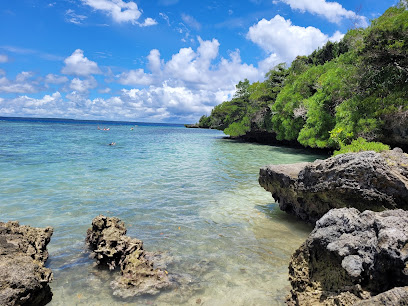
Oasis De Kiamu
Experience the tranquil beauty of New Caledonia at Oasis De Kiamu, where comfort meets nature in a serene setting.

Jokin Cliffs
Explore the breathtaking Jokin Cliffs in New Caledonia, where natural beauty meets adventure along the stunning coastline.
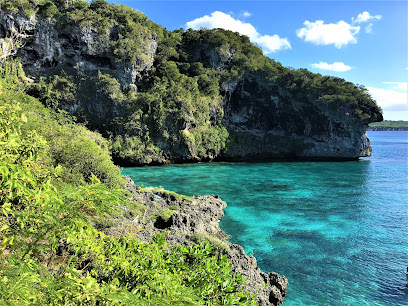
The Natural Aquarium Lifou
Explore vibrant marine life and engaging exhibits at The Natural Aquarium Lifou, a captivating family-friendly destination in the heart of New Caledonia.
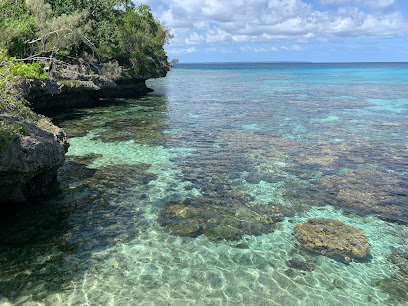
Jinek Bay
Experience the stunning natural beauty and vibrant marine life of Jinek Bay in Santal Bay, New Caledonia, the perfect getaway for relaxation and adventure.
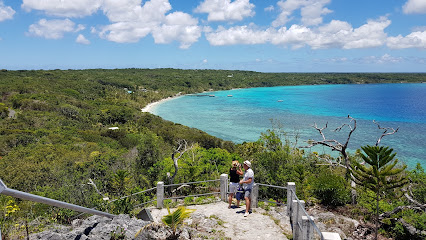
Le TAMANOU BEACH
Experience the serene beauty and delectable cuisine at Le TAMANOU BEACH, a tropical paradise in New Caledonia perfect for relaxation and adventure.
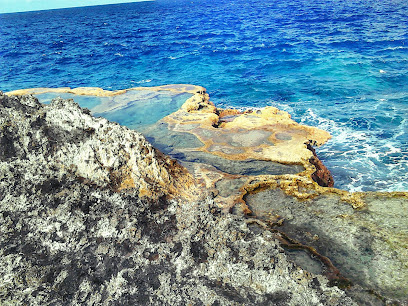
Lifou Nature
Experience the stunning natural beauty and vibrant culture of Lifou Nature, a hidden gem in New Caledonia's breathtaking landscapes.
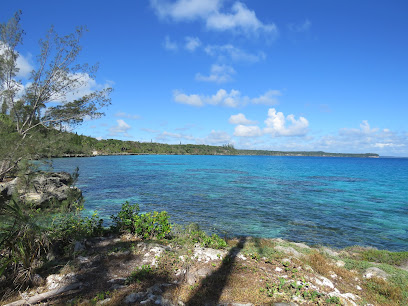
Chez Benoît Bonua
Discover comfort and local culture at Chez Benoît Bonua, your perfect retreat in Lifou Island, New Caledonia, where adventure meets relaxation.

Plage de Luengoni
Experience the stunning beauty and tranquility of Plage de Luengoni, a tropical paradise in New Caledonia, perfect for relaxation and adventure.
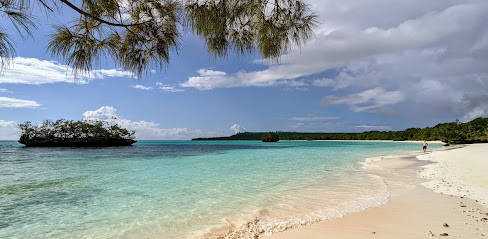
Wanalaï
Discover the tranquility of Wanalaï, a charming bed & breakfast in New Caledonia, where comfort meets local culture in a stunning natural setting.
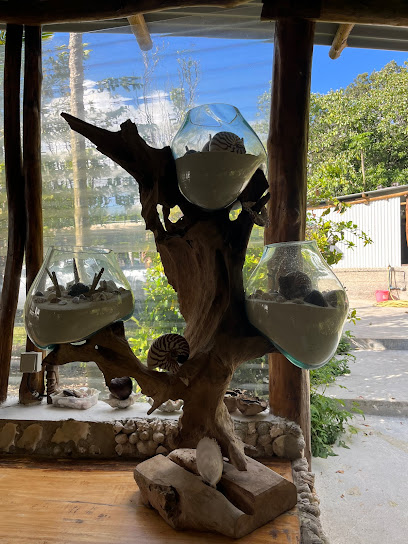
Lagoon Safaris
Explore the vibrant underwater world of New Caledonia with Lagoon Safaris, offering exceptional diving experiences for all skill levels in stunning marine environments.
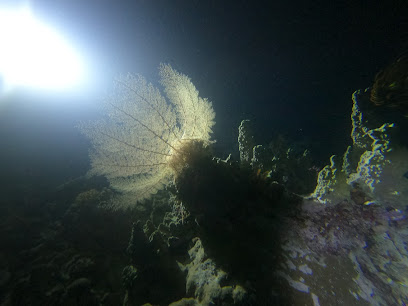
Luecila Beach
Explore Luecila Beach, New Caledonia: A tranquil paradise of golden sands and crystal-clear waters, perfect for relaxation and aquatic adventures.
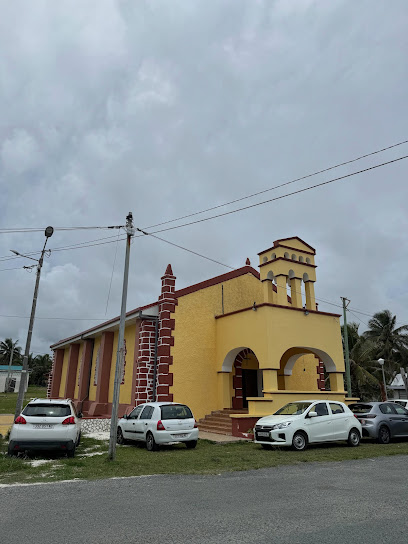
ONO Factory
Explore ONO Factory in Lifou for unique handicrafts and exquisite honey, showcasing the rich cultural heritage of New Caledonia.
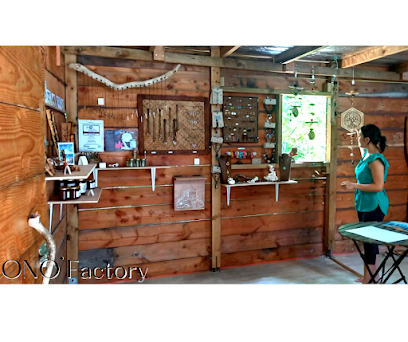
Chez jean paul pour aller a kiki beach
Explore New Caledonia's stunning landscapes with a stop at Chez Jean Paul, your gateway to the breathtaking Kiki Beach, offering local insights and warm hospitality.
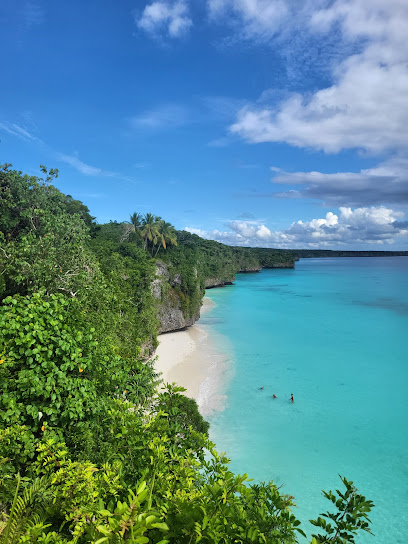
SEREWUD gîte
Discover the serene beauty and warm hospitality of Serewud Gîte in Mu, New Caledonia, your perfect bed & breakfast retreat.
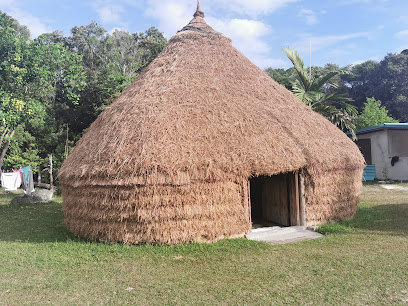
Unmissable attractions to see
Plage de Peng
Experience the breathtaking beauty of Plage de Peng in Hapetra, New Caledonia, where soft sands and crystal waters create the perfect tropical escape.
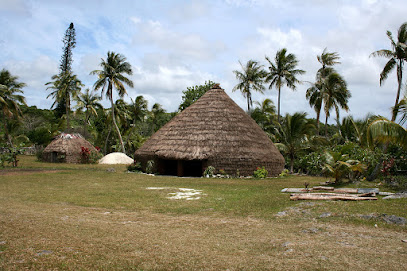
Plage de Luengoni
Experience the tranquility of Plage de Luengoni, a stunning beach in New Caledonia known for its crystal-clear waters and vibrant marine life.
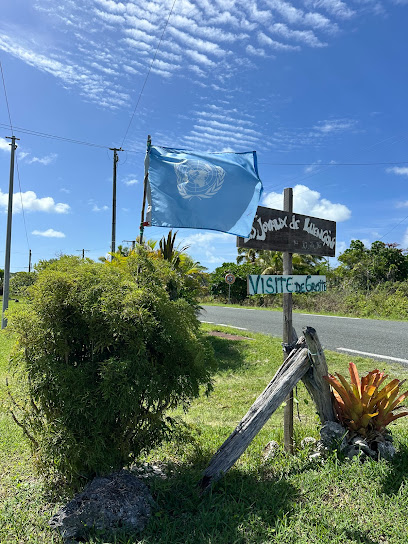
Lifou Marine
Experience the breathtaking beauty of Lifou Marine, a tropical paradise offering vibrant marine life, stunning beaches, and rich cultural heritage.
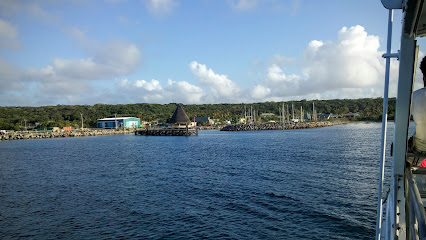
LES JOYAUX DE LUENGÖNI
Explore the breathtaking hiking trails of Les Joyaux de Luengön in New Caledonia, a paradise for nature lovers and adventure seekers.
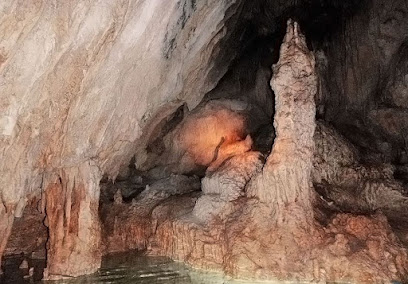
La vanille joyeuse
Explore the enchanting beauty of La Vanille Joyeuse, a must-visit tourist attraction in New Caledonia showcasing rich biodiversity and serene gardens.
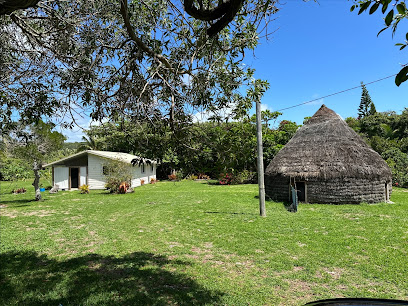
Essential places to dine
Oasis De Kiamu
Discover tranquility at Oasis De Kiamu - your serene escape in beautiful New Caledonia.

La Kaz A Jo
Discover authentic New Caledonian cuisine at La Kaz A Jo - a perfect blend of tradition and flavor in We.
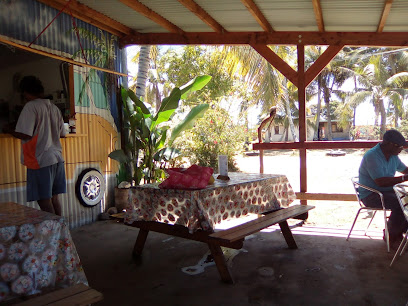
Le TAMANOU BEACH
Discover exquisite cuisine at Le TAMANOU BEACH in New Caledonia - where stunning ocean views meet local culinary delights.
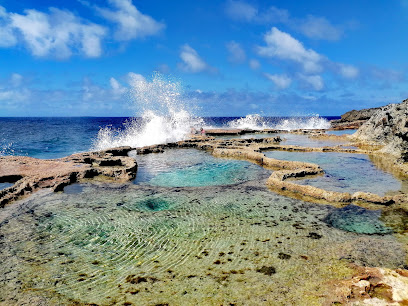
Gite Fenepaza
Experience authentic New Caledonian cuisine at Gite Fenepaza, where fresh ingredients meet vibrant cultural flavors.

SNACK LE PARY
Discover authentic local flavors at Snack Le Pary in Mu, New Caledonia – where delicious cuisine meets warm hospitality.
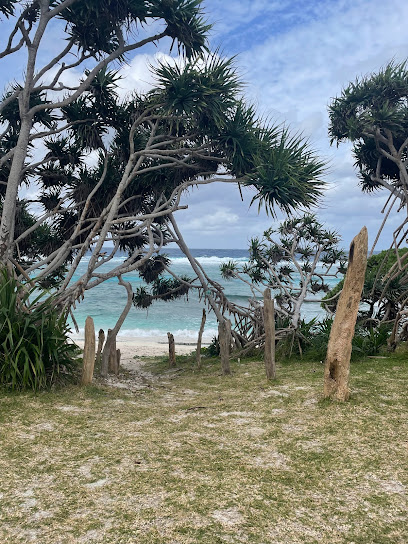
L'ile o Pizza
Experience authentic pizza in a cozy setting at L'ile o Pizza, where every slice brings a taste of New Caledonian charm.
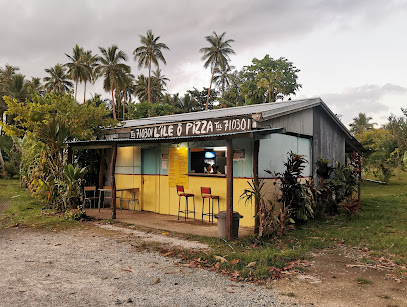
Chez Waka
Experience comfort and local charm at Chez Waka in Lifou - your perfect indoor lodging getaway in New Caledonia.
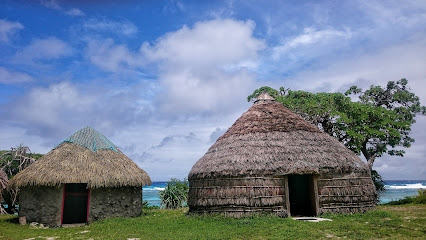
Lakabane Restaurant Lifou
Discover exquisite cuisine at Lakabane Restaurant in Lifou, where local flavors meet stunning ocean views for an unforgettable dining experience.
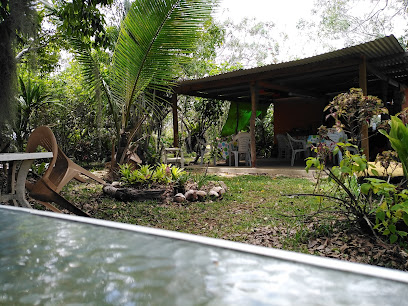
À La Petite Baie
Experience the serene beauty of Lifou Island at À La Petite Baie, where comfort meets nature's splendor.
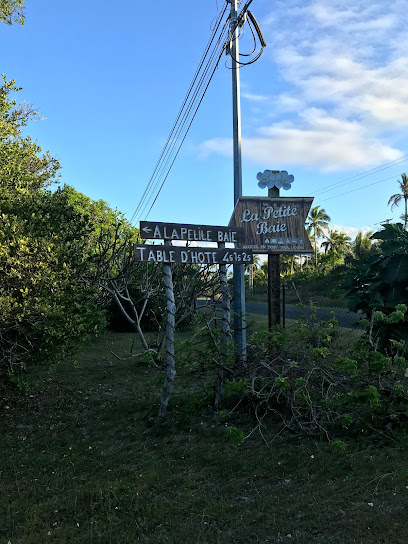
Snack HUTI HUT
Experience the essence of New Caledonia at Snack HUTI HUT – where delicious local snacks meet warm hospitality.
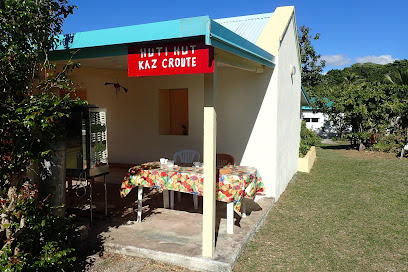
Markets, malls and hidden boutiques
Jinek Bay
Discover the breathtaking beauty of Jinek Bay in New Caledonia – a serene spot for relaxation, snorkeling, and immersion in local culture.
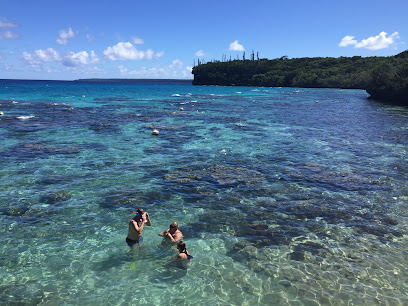
Lifou Nature
Explore Lifou Nature: a tropical paradise in New Caledonia with stunning landscapes, vibrant marine life, and rich cultural experiences.
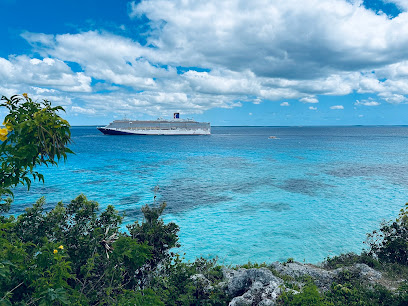
Korail Alimentation
Discover local flavors and fresh produce at Korail Alimentation, Lifou's vibrant supermarket showcasing New Caledonia's culinary delights.
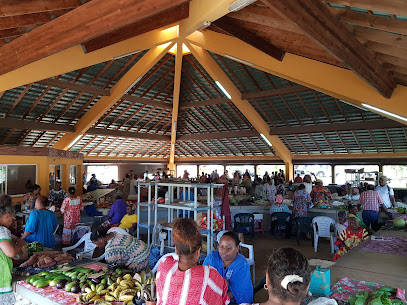
Luecila Beach
Discover the pristine sands and serene atmosphere of Luecila Beach, a coastal paradise in New Caledonia perfect for relaxation and adventure.
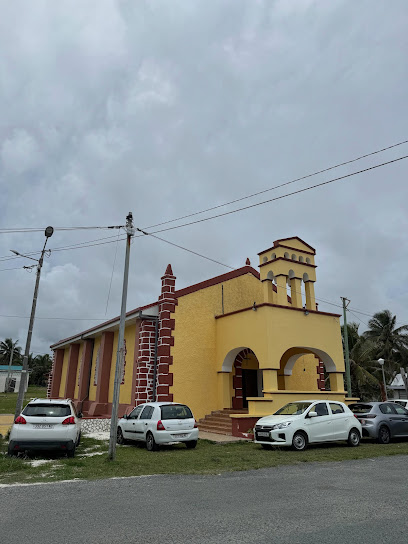
ONO Factory
Explore the essence of New Caledonia at ONO Factory, where artisanal handicrafts and natural honey come together in a vibrant shopping experience.
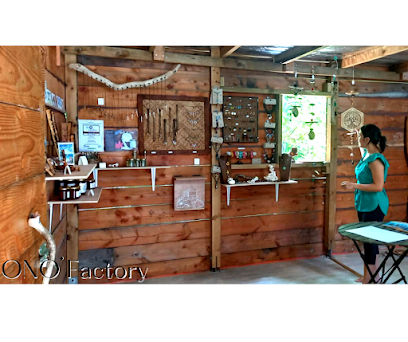
Station Lifou Moderne
Explore local flavors and essentials at Station Lifou Moderne, the go-to supermarket in New Caledonia for tourists and locals alike.
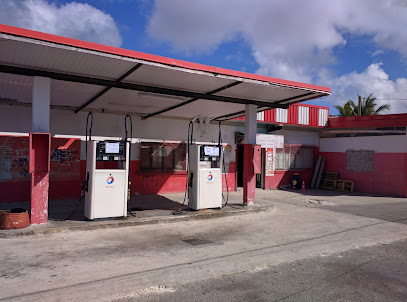
Pharmacie of Lifou
Explore Lifou with peace of mind; Pharmacie of Lifou offers essential health products and expert advice for every traveler.
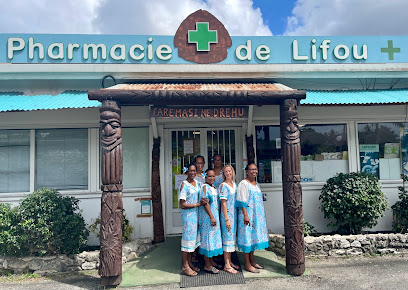
Chez Alice
Discover local flavors and essentials at Chez Alice, a charming convenience store in Xepenehe, New Caledonia.
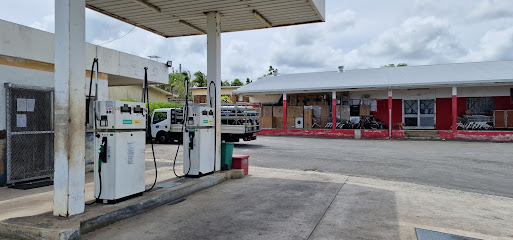
Poissonerie Munun UCPM
Discover the flavors of New Caledonia at Poissonerie Munun UCPM, a local grocery store offering fresh produce and artisanal products.
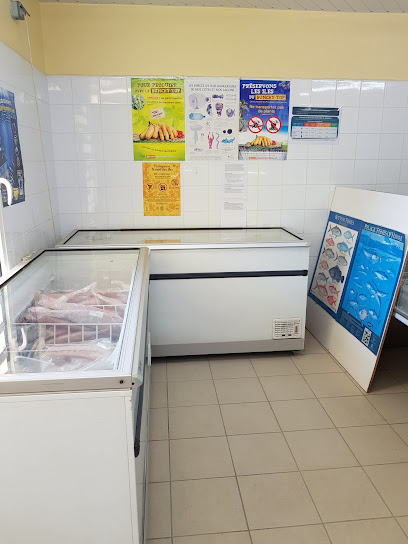
Magasin Tolosa
Discover the charm of Magasin Tolosa, a convenience store in Luecila, New Caledonia, where local culture meets essential shopping.

SCET Lifou
Discover the unique blend of local craftsmanship and vibrant culture at SCET Lifou in New Caledonia, your gateway to building materials and island charm.
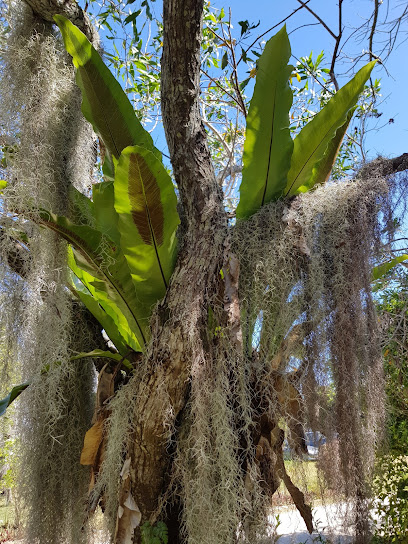
Marché municipal de Wé.
Explore the Marché Municipal de Wé in New Caledonia, where fresh produce meets local culture and culinary delights await every visitor.
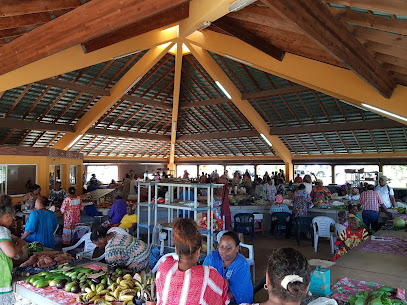
Pharmacie du santal Xepenehe
Discover health and wellness at Pharmacie du Santal in Xepenehe, your trusted pharmacy for all essential medical needs while exploring New Caledonia.
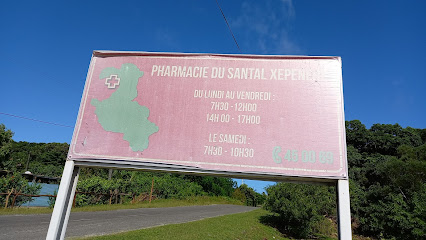
UCPA
Experience the vibrant UCPA Market in Traput, New Caledonia, where local culture, fresh produce, and unique souvenirs come together.
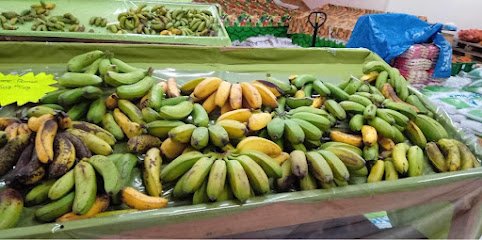
Sollight
Explore Sollight: A Unique Building Materials Store in New Caledonia Offering Local Craftsmanship and Authenticity.
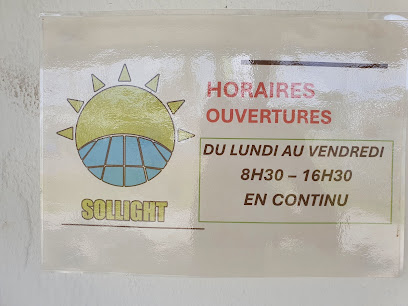
Essential bars & hidden hideouts
Oasis De Kiamu
Discover paradise at Oasis De Kiamu, your serene hotel retreat in the heart of New Caledonia's natural wonders.

La Kaz A Jo
Experience the essence of New Caledonia at La Kaz A Jo, where local flavors meet a warm and inviting atmosphere.
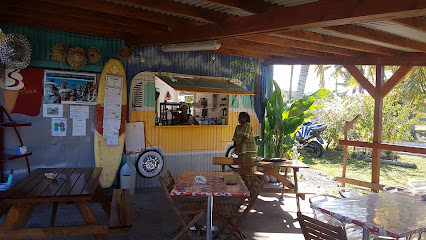
Le TAMANOU BEACH
Experience the tranquility and beauty of Le TAMANOU BEACH, a tropical haven in New Caledonia perfect for relaxation and adventure.
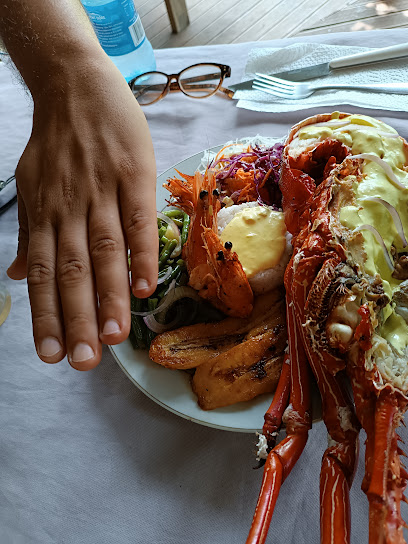
Restaurant l'Occitan
Discover authentic Southwestern French cuisine at Restaurant l'Occitan, a family-friendly gem in New Caledonia known for its fresh fish dishes.
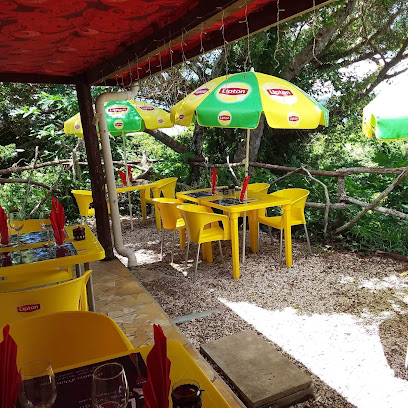
L'ESTANCO
Experience the vibrant flavors of New Caledonia at L'ESTANCO, a top-rated restaurant offering fresh, local cuisine in a welcoming atmosphere.
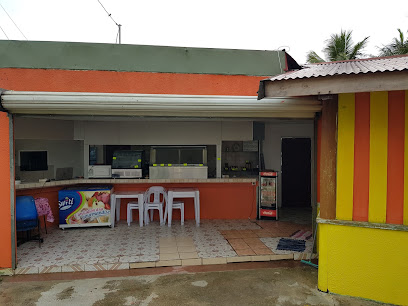
SNACK LE PARY
Discover authentic New Caledonian cuisine at Snack Le Pary, where local flavors meet a warm, inviting atmosphere in the heart of Mu.
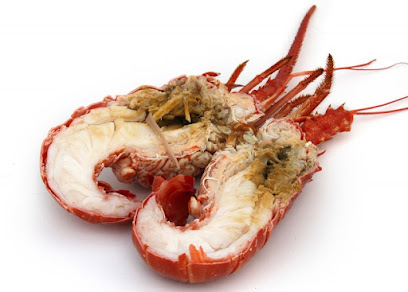
Bar-restaurant Le Globe-Trotteur
Discover the flavors of New Caledonia at Bar-restaurant Le Globe-Trotteur, where local ingredients meet international culinary flair.
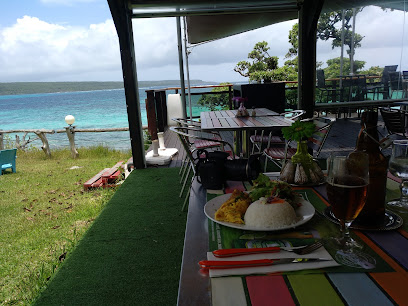
Café de la falaise
Discover the culinary paradise at Café de la falaise, where fresh grill delights meet breathtaking cliffside views in New Caledonia.
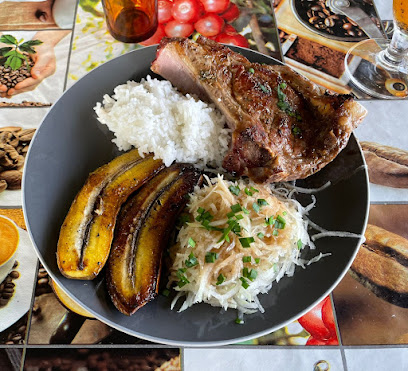
Snack Kolopi
Discover the flavors of New Caledonia at Snack Kolopi, where local cuisine meets a warm, inviting atmosphere.
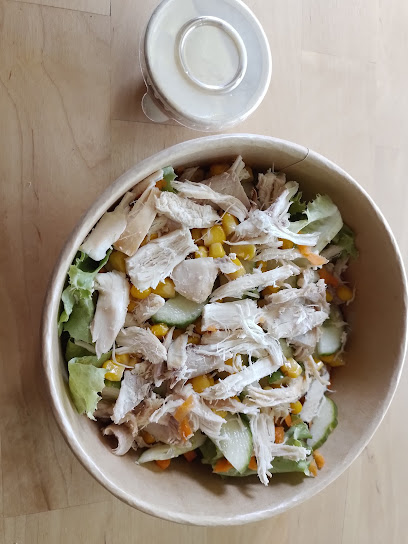
Chez Waka
Discover the charm of Chez Waka in Xepenehe, where comfort meets the beauty of New Caledonia's natural landscapes.
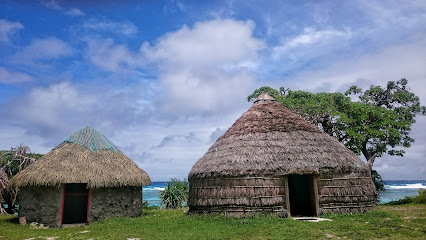
Lakabane Restaurant Lifou
Discover the flavors of Lifou at Lakabane Restaurant, where fresh seafood and local cuisine meet stunning coastal views.
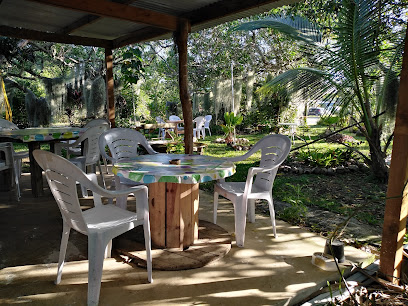
Lagoon Safaris
Experience the underwater wonders of New Caledonia with Lagoon Safaris, a top-notch dive club delivering unforgettable aquatic adventures.
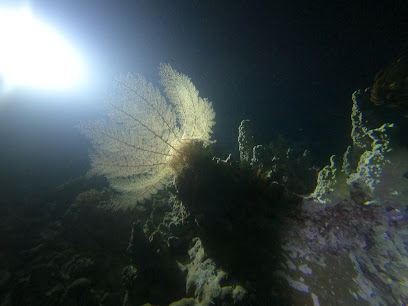
Luecila Beach
Discover the serene beauty of Luecila Beach, a tropical paradise with golden sands and crystal-clear waters in New Caledonia.
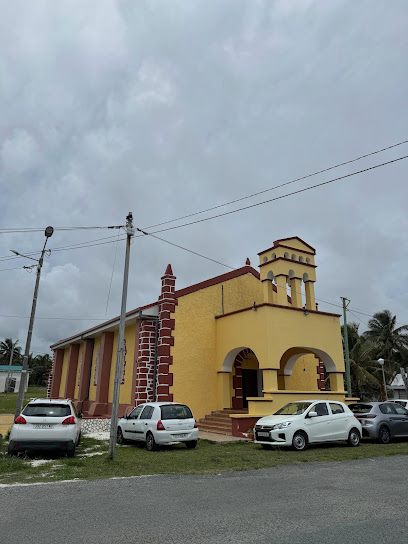
Snack Makanu
Discover authentic local cuisine at Snack Makanu in We, New Caledonia, where every dish tells a story of the island's rich culinary heritage.
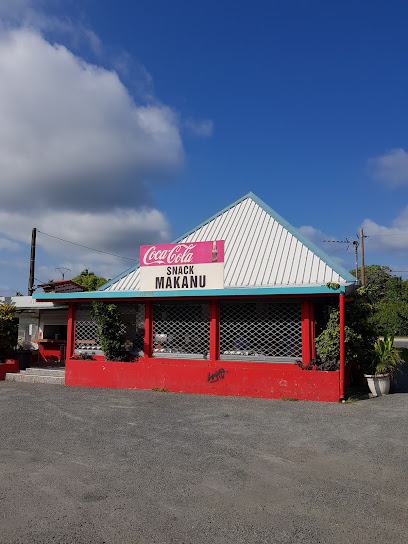
Local Phrases about Lifou Island
-
- HelloMalo
[Mah-loh] - GoodbyeManuia
[Mah-nwee-ah] - YesIo
[Ee-oh] - NoAe
[Ah-eh] - Please/You're welcomeMauruuru
[Mah-oo-roo-roo] - Thank youMauruuru
[Mah-oo-roo-roo] - Excuse me/SorryPaici
[Pah-ee-chee] - How are you?E hau koe?
[Eh how koh-eh?] - Fine. And you?Maitai. E hau koe?
[My-tie. Eh how koh-eh?] - Do you speak English?E fakapalagi koe?
[Eh fah-kah-pah-lah-gee koh-eh?] - I don't understandAe kaukau
[Ah-eh kow-kow]
- HelloMalo
-
- I'd like to see the menu, pleaseKa mea menu, fakamolemole
[Kah meh-ah meh-noo, fah-kah-moh-leh-moh-leh] - I don't eat meatAe kaikai kala
[Ah-eh kai-kai kah-lah] - Cheers!Manuia!
[Mah-nwee-ah!] - I would like to pay, pleaseKa ou te fakapou, fakamolemole
[Kah oh teh fah-kah-poh, fah-kah-moh-leh-moh-leh]
- I'd like to see the menu, pleaseKa mea menu, fakamolemole
-
- Help!Aita!
[Ah-ee-tah!] - Go away!Haere atu!
[High-reh ah-too!] - Call the Police!Whakapae te Pōrihi!
[Fah-kah-pie teh Poh-ree-hee!] - Call a doctor!Whakapae he rata!
[Fah-kah-pie heh rah-tah!] - I'm lostI wareware ahau
[Ee wah-reh-wah-reh ah-ha-ow] - I'm illKua kino ahau
[Koo-ah kee-no ah-ha-ow]
- Help!Aita!
-
- I'd like to buy...Ka ou te fakatu...
[Kah oh teh fah-kah-too...] - I'm just lookingE tiaki au
[Eh tee-ah-kee ow] - How much is it?E hia te moni?
[Eh hee-ah teh moh-nee?] - That's too expensiveRahiri te moni
[Rah-hee-ree teh moh-nee] - Can you lower the price?E taea e koe te kiki i te moni?
[Eh tah-eh-ah eh koh-eh teh kee-kee ee teh moh-nee?]
- I'd like to buy...Ka ou te fakatu...
-
- What time is it?He aha te wa?
[Heh ah-hah teh wah?] - It's one o'clockKotahi te haora
[Koh-tah-hee teh hah-oh-rah] - Half past (10)I te toru tekau
[Eh teh toh-roo teh-kow] - MorningAtaarangi
[Ah-tah-rah-ngi] - AfternoonAhiahi
[Ah-hee-ah-hee] - EveningPō
[Poh] - YesterdayIneinei
[Ee-neh-ee-neh-ee] - TodayĀ tēnei rā
[Ah teh-neh-ee rah] - TomorrowĀpōpō
[Ah-poh-poh] - 1Tahi
[Tah-hee] - 2Rua
[Roo-ah] - 3Toru
[Toh-roo] - 4Whā
[Fah] - 5Rima
[Ree-mah] - 6Ono
[Oh-no] - 7Whitu
[Fee-too] - 8Waru
[Wah-roo] - 9Iwa
[Ee-wah] - 10Tekau
[Teh-kow]
- What time is it?He aha te wa?
-
- Where's a/the...?Kei hea te...?
[Kay heh-ah teh...?] - What's the address?He aha te wāhitau?
[Heh ah-hah teh wah-hee-tow?] - Can you show me (on the map)?E taea e koe te whakaatu mai ki ahau (i te mahere)?
[Eh tah-eh-ah eh koh-eh teh fah-kah-ah-too my kee ah-ha-ow (ee teh mah-heh-reh)?] - When's the next (bus)?Āhea te roanga (autobus)?
[Ah-heh-ah teh roh-ah-ngah (ow-toh-boo)?] - A ticket (to ....)He tiki (ki ....)
[Heh tee-kee (kee ....)]
- Where's a/the...?Kei hea te...?
History of Lifou Island
-
Lifou Island, part of the Loyalty Islands in New Caledonia, has been inhabited by the indigenous Kanak people for thousands of years. The Kanak culture is rich with traditions, including elaborate ceremonies, music, dance, and intricate wood carvings. The island's clans, known as 'tribus,' have their own unique customs and dialects, contributing to the cultural mosaic of Lifou.
-
The first recorded European contact with Lifou Island occurred in the late 18th century when British explorer James Cook's expedition sighted the island in 1774. However, it wasn't until the early 19th century that more extensive interactions began, with whalers and traders arriving on the island. These early encounters were marked by both trade and conflict, as the indigenous population navigated the challenges posed by foreign visitors.
-
In the mid-19th century, Christian missionaries, primarily from the London Missionary Society, arrived on Lifou Island with the aim of converting the Kanak people to Christianity. By 1840, the first mission station was established. Over time, the missionaries' efforts led to significant changes in the social and cultural fabric of the island, as many Kanaks adopted Christianity and new agricultural practices introduced by the missionaries.
-
Lifou Island, along with the rest of New Caledonia, was annexed by France in 1853. The colonial period brought profound changes, including the establishment of French administrative control, the introduction of new laws, and the development of infrastructure. The Kanak population faced land dispossession and were often compelled to work in the burgeoning colonial economy. However, Lifou managed to retain much of its traditional culture amidst these changes.
-
During World War II, Lifou Island, like many Pacific islands, gained strategic importance. The island was used as a base by Allied forces, particularly the United States, for operations in the Pacific theater. This period saw an influx of foreign troops, which brought both economic opportunities and cultural exchanges to the island's inhabitants.
-
Following World War II, Lifou Island experienced gradual modernization. The post-war period saw improvements in education, healthcare, and infrastructure, partly driven by French government efforts. Tourism began to emerge as a significant industry, capitalizing on the island's natural beauty and unique cultural heritage. Despite these developments, Lifou has maintained a balance between modernity and the preservation of its traditional Kanak identity.
-
In recent decades, Lifou Island has witnessed a resurgence of interest in Kanak culture and traditions. Local leaders and communities have worked to revive traditional practices, languages, and ceremonies. This period has also been marked by movements advocating for greater autonomy and recognition of Kanak rights within New Caledonia. The island’s cultural revival efforts have been instrumental in strengthening community identity and promoting cultural tourism.
Lifou Island Essentials
-
Lifou Island is part of the Loyalty Islands in New Caledonia. The island can be accessed by air and sea. The primary airport is Lifou Airport (Lifou-Ouanaham), which has regular flights from Nouméa's La Tontouta International Airport. Alternatively, you can take a ferry from Nouméa to Lifou, which offers a scenic route through the Pacific Ocean, although the journey can take several hours.
-
Once on Lifou Island, transportation options include rental cars, scooters, and bicycles, which are available from local rental agencies. Public transportation is limited, with infrequent bus services connecting the main villages. Taxis are available but can be expensive, so it's advisable to arrange transportation in advance. Walking is feasible for short distances within villages.
-
The official currency of New Caledonia is the CFP Franc (XPF). Credit cards are accepted in some hotels, restaurants, and shops, but it's wise to carry cash, especially in smaller establishments and rural areas. ATMs are available in the main villages, but it's advisable to withdraw sufficient cash in Nouméa before traveling to the island.
-
Lifou Island is generally a safe destination for tourists. However, it is advisable to take standard precautions such as avoiding isolated areas at night and keeping an eye on personal belongings in crowded places. There are no specific high-crime areas targeting tourists, but staying vigilant and aware of your surroundings is recommended.
-
In case of an emergency, dial 17 for police assistance, 18 for fire services, and 15 for medical emergencies. Lifou has a local police station and a small hospital in Wé, the island's main village. It is recommended to have comprehensive travel insurance that covers medical emergencies. For minor health issues, pharmacies are available where you can purchase over-the-counter medications.
-
Fashion: Do dress modestly, especially in villages and religious sites. Avoid wearing revealing clothing. Religion: Do respect local customs and traditions. Always ask for permission before entering a private property or sacred site. Public Transport: Do be patient as services can be infrequent. Don't rely solely on public transport for your travel plans. Greetings: Do greet locals with a warm smile and say 'Bonjour.' A handshake is also common. Eating & Drinking: Do try local dishes such as bougna. Always accept food offerings graciously. Don't refuse hospitality, as it is considered impolite.
-
To experience Lifou Island like a local, visit the local markets where you can buy fresh produce and traditional Melanesian goods. Engage with locals, as they are often friendly and willing to share stories about the island's culture and history. Don't miss visiting the vanilla plantations and the beautiful Jokin Cliffs. For a unique experience, participate in a traditional Melanesian feast, which offers a deep dive into the island's culinary traditions.
Nearby Cities to Lifou Island
-
Things To Do in Nouméa
-
Things To Do in La Foa
-
Things To Do in Bourail
-
Things To Do in Hienghène
-
Things To Do in Lenakel
-
Things To Do in Isangel
-
Things To Do in Port Vila
-
Things To Do in Lamap
-
Things To Do in Lakatoro
-
Things To Do in Norsup
-
Things To Do in Luganville
-
Things To Do in Sola
-
Things To Do in Cascade
-
Things To Do in Burnt Pine
-
Things To Do in Ball Bay





